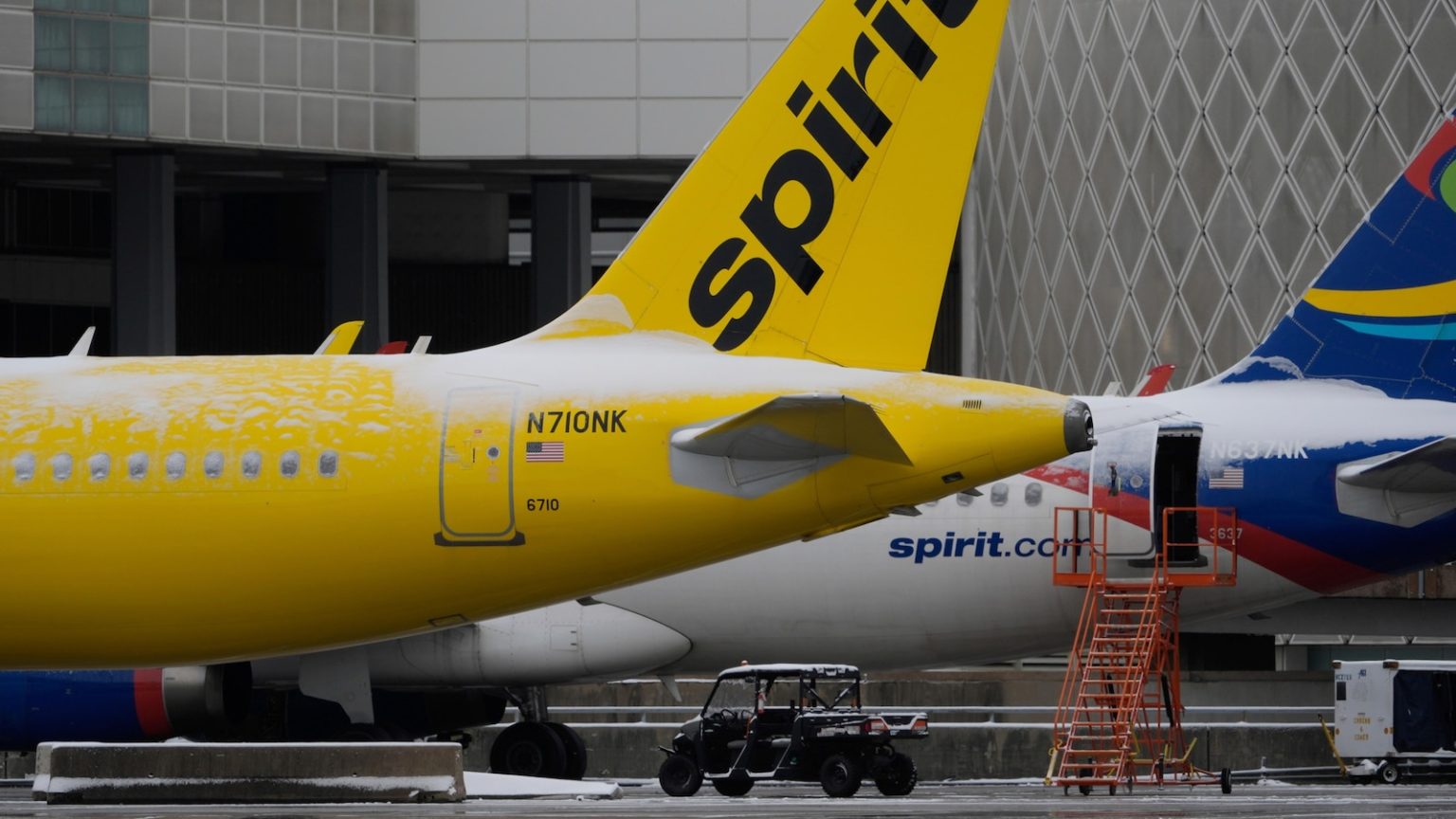Spirit Airlines Rejects Frontier’s Third Takeover Bid Amid Bankruptcy Recovery Plans
Spirit Airlines has once again turned down a takeover offer from its budget rival, Frontier Airlines, marking the third rejection in a series of attempts by Frontier to acquire the Florida-based carrier. The latest bid, which was made this week, proposed offering Spirit shareholders $400 million in debt and a 19% stake in Frontier Group Holdings Inc., Frontier’s parent company. Despite the offer, Spirit remains committed to its own recovery plan, which focuses on emerging from bankruptcy and stabilizing its finances. The airline has emphasized that it believes its standalone strategy will yield better results for its shareholders and customers than a merger with Frontier.
Frontier’s Optimism vs. Spirit’s Standalone Strategy
Frontier expressed confidence in the potential benefits of a merger, stating that combining forces with Spirit would have created more value for both airlines and their shareholders. However, Frontier also acknowledged the importance of discipline in its acquisition strategy, particularly at a time when the airline is performing well in a competitive and ever-changing market environment. Frontier’s statement reflects a balance between its ambitious goals and a cautious approach to avoid overextending itself.
A History of Rejection: Frontier’s Previous Bids and Spirit’s Counterproposal
This latest rejection comes after Spirit had already declined Frontier’s previous offers, including one made late last month. In response, Spirit went as far as presenting a counterproposal to Frontier earlier this month. However, this counteroffer was also rejected, signaling a clear impasse between the two airlines. Spirit’s decision to move forward without Frontier underscores its confidence in its own restructuring plan, which is set to be reviewed in court during a hearing on its reorganization plan this week.
Spirit’s Bankruptcy Journey and Financial Challenges
Spirit’s path to recovery is not an easy one. The airline, which is the largest budget carrier in the U.S., filed for bankruptcy protection in November after reaching an agreement with its bondholders. The decision to seek bankruptcy protection came after Spirit had accumulated significant losses, totaling over $2.5 billion since the beginning of 2020. Additionally, the airline faces a daunting financial horizon, with over $1 billion in debt payments set to come due in 2025 and 2026. Despite these challenges, Spirit remains optimistic about its ability to navigate this difficult period and emerge stronger on the other side.
Frontier’s Shares Take a Hit Amidst the Rejection
The rejection of its latest bid has had an immediate impact on Frontier’s stock. Shares of Frontier Group Holdings Inc. fell by 3% before the opening bell on Wednesday, reflecting investor concerns about the airline’s growth prospects in the absence of a merger with Spirit. Frontier’s performance has been strong in recent months, but the failure to secure a deal with Spirit has raised questions about the airline’s ability to expand its market share and compete more effectively in the budget airline sector.
The Merger Saga: A Look Back and a Glimpse into the Future
This latest development in the Spirit-Frontier saga is not the first time the two airlines have explored the possibility of a merger. In 2022, Frontier made its initial attempt to acquire Spirit, but the deal was ultimately derailed when JetBlue stepped in with a higher offer of $3.8 billion. However, that deal also faced significant regulatory hurdles, with the Justice Department suing to block the merger on the grounds that it would harm competition and lead to higher prices for Spirit’s price-sensitive customers. A federal judge sided with the Justice Department in January, and JetBlue and Spirit subsequently abandoned their merger plans two months later.
As Spirit moves forward with its standalone plan, the airline is poised to complete its restructuring efforts by the first quarter of next year. While the rejection of Frontier’s offer signals a clear commitment to independence, it also raises questions about Spirit’s ability to compete effectively in a highly competitive market without the support of a larger partner. For now, Spirit’s focus remains on emerging from bankruptcy, stabilizing its finances, and positioning itself for long-term success. Whether the airline can achieve these goals without the backing of a merger remains to be seen.















